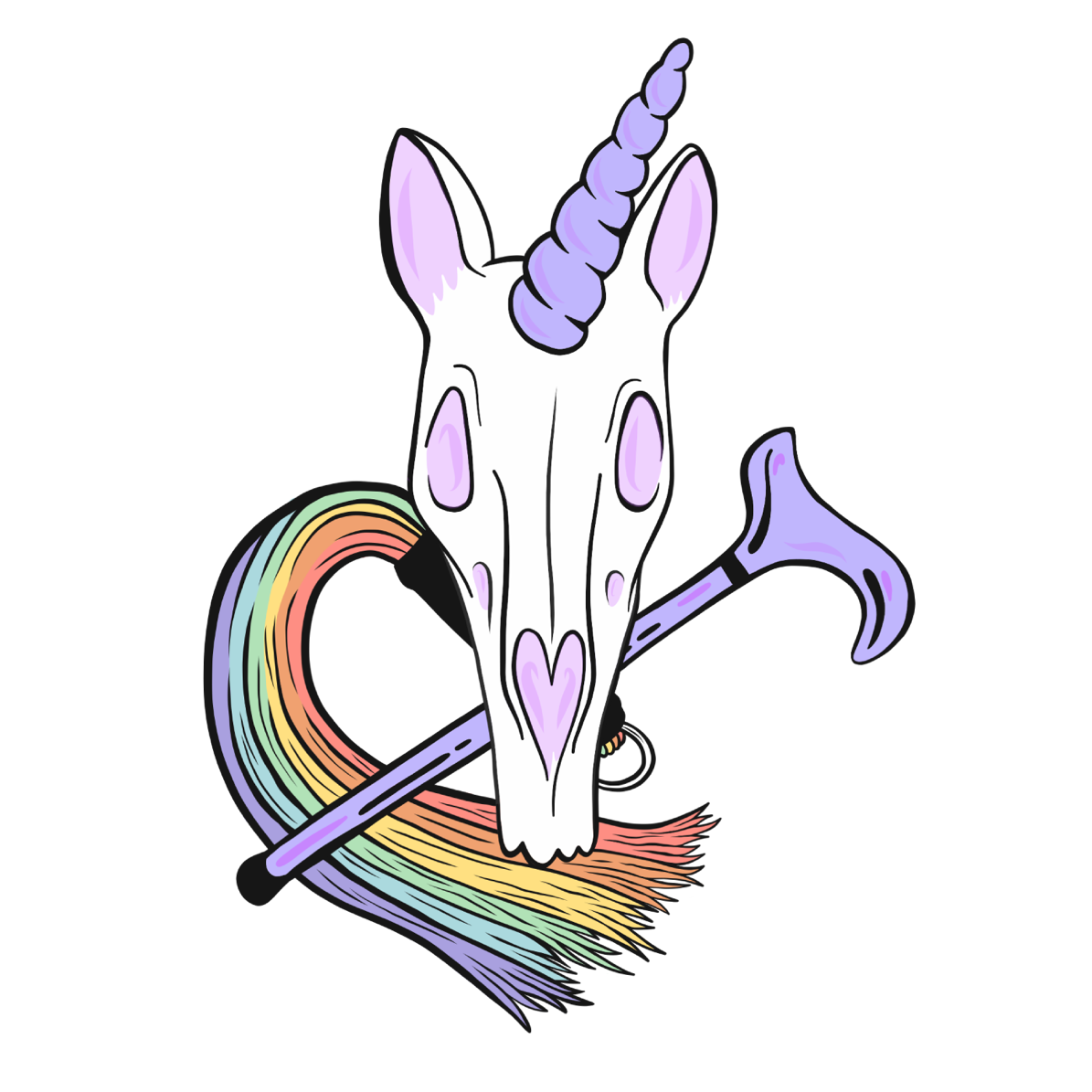Noah Levine supposedly set out to write a book about bringing Buddhism to street punks; instead he wrote 249 pages of self-congratulatory autobiography. Like many autobiographies, this one fails to portray an accurate image of the subject. When writing about one’s self, most of us tend to include our accomplishments rather than our negative impacts on life; Levine is no exception.
The first few chapters are only moderately inspiring. Levine takes us through the dysfunctional, privileged upbringing of a child born to hippies. Instead of teaching young, bratty Levine right from wrong, his parents took the approach of allowing him to run wild in an attempt to \”find his own way.\” This led to a life of crime, heavy drug use, dropping out of high school, and violence. Instead of enlightening the reader as to what Levine and his friends were so dissatisfied with, Levine regales adventures he and his friends had breaking into the homes of their rather well off families in order to obtain money for drugs.
Levine\’s famous father, Stephen Levine, often comes to Noah’s rescue, showing the reader how easy it is to be a criminal, broke punk, when your father has influence and money. Once the younger Levine discovers meditation while in juvenile hall, the reader is mislead into believing that he will start down a path of righteousness. While Levine clearly believes that, nothing could be further from the truth. Noah spends the rest of the book boasting of his various spiritual accomplishments, claiming that because he has apologized and made amends for all his youthful trespasses, that he is forgiven and free of that karma. He focuses entirely upon every self-gratifying situation, and avoids or gives little attention to the times when he acted like a blatant jerk. Similarly, his treatment of his former fiancé, for which Levine makes multiple excuses, is dismissed by saying that he was in love and foolish. He then makes sure that we know that despite his emotional abuse and contribution to her suicide attempt, that in the end she sought psychological help and forgave him.
His lack of detail regarding relationships with other people, are just as self-involved. While he admits to having treated his original Asian traveling companions, Vinnie and Micah, with ill regard, he addresses this in one sentence, while complaining about their actions in several paragraphs. One can only wonder how his surviving friends reacted when having read his portrayal of them. Levine expresses even less emotion and sympathy for his deceased friends than he does for the surviving ones. When his childhood friend, a former addict, is found dead years later, Levine immediately assumes he died of an overdose, though, “they hadn’t found any dope or needles†(Pg. 236).
Levine then spends the next five and a half pages moaning about how the lack of this friendship affects his life, and feels robbed and betrayed. He even goes so far as to say “My oldest friend in the world was dead. And with him died the only witness to see me both shoot dope and teach meditation. Now I was all alone, surrounded by people who I could tell about my past but who would never really know what it was like†(Pg.238). Levine fails to give thought to his friend’s family – his new daughter, girlfriend, parents and friends – rather focuses upon himself. Perhaps the ultimate sin in his account of his friend’s death is the hypothesized charge of death by overdose, without ever mentioning the results of a toxicological report. The reader is instead left to think the worst about his friend, and to be inundated with Levine’s woe-is-me account of the giving of his friend’s eulogy.
Levine’s self-pitying attitude and sense of entitlement are prevalent throughout, and though he fails to call his life what it is, the holes he leaves in the reader’s knowledge are easily filled. When Levine and his friends decide to pack up their belongings and travel to Asia, it takes them only a few months of planning before they are on a plane. Though he and his friends were working jobs retail jobs and he has an occasional stint as a counselor, they all mysteriously have the funds to bum around Asia not once or twice, but three times. They also manage to maintain lifestyles of week long Buddhist retreats in the mountains, traveling into San Francisco for punk shows, and renting apartments in well off areas, all while sporadically working and in Levine’s case, occasionally pursuing a degree. His parent’s financial support, while obvious, is never mentioned and must be the only way he would be able to live the opulent life that he lives. Levine’s wish to reach the young gutter punks through his memoir may only result in alienating them due to his obvious financial status and inherited social advantage.
“Dharma Punx†reads like one giant pat on the back, a story of privilege and so-called enlightenment. While much is made of Levine spiritual growth, he devoted only three pages, found after the epilogue, which explain his practice of meditation. Though this book is found in the “Eastern Religion†section of stores, the book gives little attention to actual religion and instead reads like a who’s who in modern Eastern philosophy. When Levine describes his attendance to Ram Dass, he makes sure to let the reader know that Dass is a friend of the family and helped teach the young Levine while growing up. His treatment of famous others such as Jack Kornfield, Norman Fischer, etc., is much of the same, so it is of little wonder that such figures in Eastern teachings gave positive reviews of their friend’s son’s book, which can be found gracing the back sleeve in large, bold print. Nepotism is rampant in Noah Levine’s life. As neither conceit nor nepotism are Buddhist or punk, one must wonder how it is that Levine feels he has the right to portray himself as an example of either community.

